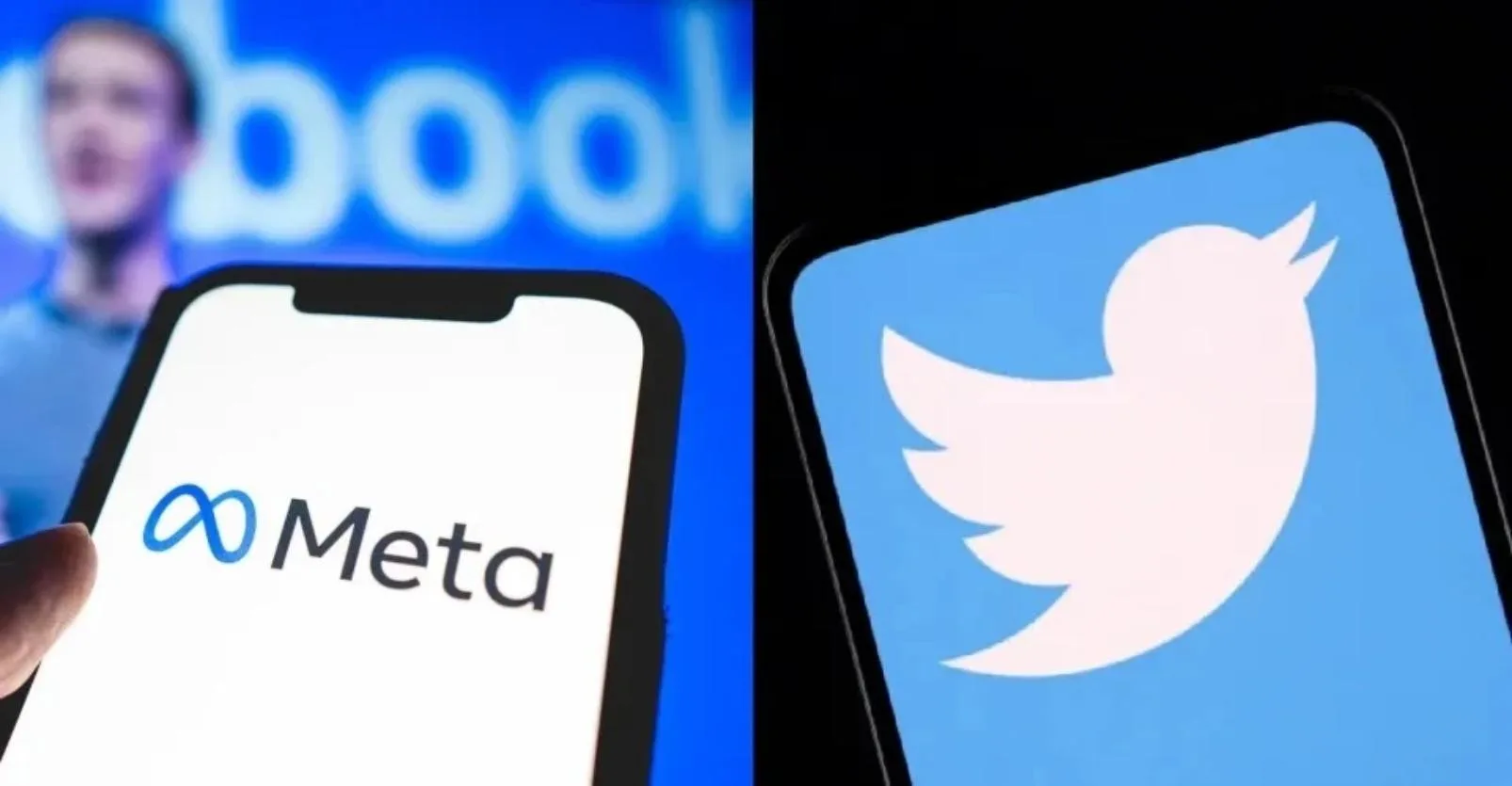Meta has confirmed that it is exploring to launch a Twitter Like “standalone, decentralised social network for sharing text updates.” and believes that there is an opportunity for a separate space where creators and public figures can share timely updates about their interests.
With bated breath, the world awaits as the the social media giant, Meta, prepares to take its first steps into the realm of decentralised networks.
This uncharted territory, where individual servers hold the keys to the kingdom and communities can flourish beyond the grasp of outside control, has been largely dominated by Twitter… until now.
Meta’s bold move into this new frontier has sent shockwaves throughout the industry, with analysts and enthusiasts alike speculating on what this will mean for the future of social media.
In a statement Meta says it believes there is “an opportunity for a separate space where creators and public figures can share timely updates about their interests.
According to Moneycontrol, Meta is also exploring integrations with Twitter as well as other decentralised social networks like Mastodon, in part by using the ActivityPub protocol
Since Elon Musk’s takeover of Twitter in October 2021, Mastodon, a Twitter-like platform launched in 2016, has seen a significant increase in popularity. The new Meta app will be constructed on the same framework as Mastodon and will be interoperable with it.
Mastodon grew from 500,000 to 2.5 million active users after Elon Musk acquired Twitter in fall 2022, but its users had declined to about 1.8 million as of early January.
The Standalone, Decentralised Social Network
Decentralised social networks are built on blockchain technology, which allows for a distributed network of users without the need for a central authority.
Instead of relying on a single company to host and manage the platform, the network is maintained by its users, with data and content stored across a network of nodes.
As news of the upcoming launch spreads, some experts are weighing in on the implications of completely anonymous decentralised social networks. Some see it as a revolutionary step towards protecting user privacy and freedom of expression, while others warn of the dangers of unregulated and potentially harmful content.
Regardless of the outcome, it’s clear that the landscape of social media is changing rapidly, and the rise of decentralized social networks could be a major turning point in the industry.
Meta’s latest offering, Meta Verified, comes with a price tag of USD 11.99/month on the web or USD 14.99/month on Apple’s iOS. Initially launched in Australia and New Zealand, the service is set to expand to more countries in the near future, as announced by Meta’s CEO and Chairman, Mark Zuckerberg.
As the battle for social media dominance heats up, Meta has taken inspiration from Elon Musk’s Twitter playbook, making a bold move to level the playing field.
Meanwhile, META shares were marginally higher at $181.7 in early trade on Friday gaining about 51 percent so far this year. Analysts also say Meta’s investments in the metaverse won’t drive revenue growth until 2030







